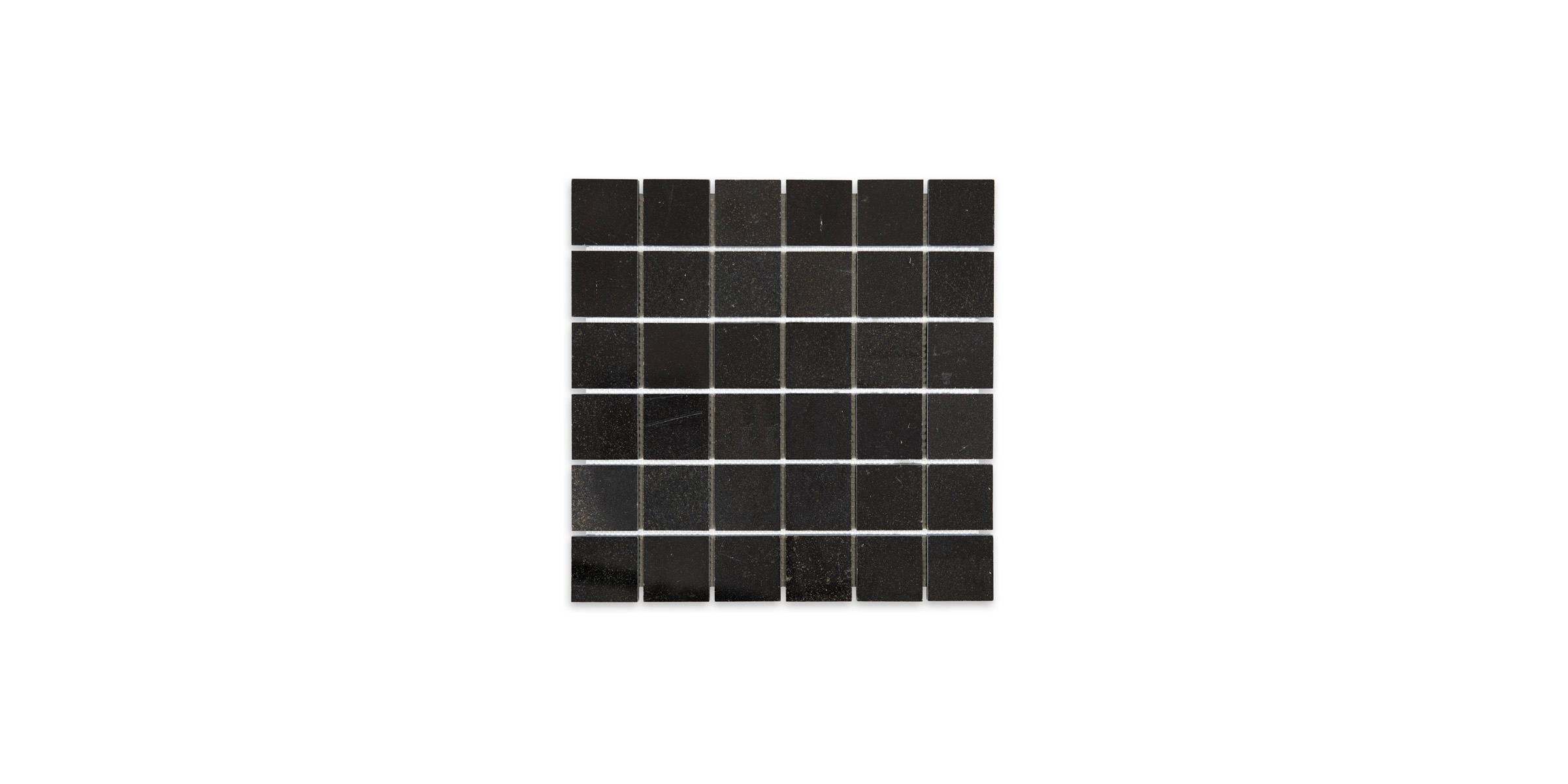Granite tiles are a popular choice for flooring due to their durability, elegance, and versatility. However, one common question that arises when considering granite tiles is whether they become slippery when wet. Let’s explore this topic in detail to help you make an informed decision for your space.
Understanding Granite Tile Properties
Granite is a natural stone that is highly durable and resistant to scratches and stains. It’s available in a variety of finishes, including polished, honed, and flamed, each offering unique characteristics. The finish you choose significantly impacts the slip-resistance of the tile.
-
Polished Granite: This finish is smooth and shiny, making it a popular choice for areas where aesthetics are a priority. However, polished granite can become slippery when wet, especially in high-traffic areas like bathrooms and kitchens.
-
Honed Granite: A honed finish has a matte appearance and offers more grip compared to polished granite. It’s a better choice for areas prone to moisture, as it provides increased slip resistance.
-
Flamed or Textured Granite: This finish is rough and textured, making it highly slip-resistant, even when wet. It is commonly used in outdoor areas such as patios and pool surrounds.
Factors Affecting Slipperiness
Several factors contribute to whether granite tiles will be slippery when wet:
-
Tile Finish: As mentioned earlier, the type of finish plays a significant role. Polished surfaces are inherently more slippery compared to honed or textured finishes.
-
Location and Use: Wet areas such as bathrooms, kitchens, or outdoor spaces near water sources are more likely to pose a slipping hazard.
-
Maintenance: Proper cleaning and maintenance are essential. Using cleaning products that leave behind a residue can make tiles more slippery. Regularly cleaning with appropriate solutions helps maintain the tile’s natural slip resistance.
-
Footwear: The type of footwear can also influence slipperiness. Shoes with rubber soles tend to provide better grip compared to smooth-soled footwear.
How to Reduce Slipperiness
If you’re concerned about granite tiles being slippery when wet, there are several measures you can take:
-
Choose a Slip-Resistant Finish: Opt for honed or flamed granite tiles in areas prone to moisture.
-
Apply Anti-Slip Treatments: There are products available that can be applied to granite tiles to enhance their slip resistance. These treatments create a micro-texture on the surface without altering its appearance.
-
Use Rugs or Mats: Strategically placing non-slip rugs or mats in areas like entrances, bathrooms, or near sinks can significantly reduce the risk of slipping.
-
Ensure Proper Drainage: In outdoor areas, ensure proper drainage to prevent water from pooling on the surface of the tiles.
-
Regular Cleaning: Keep the tiles clean and free from residues that could increase slipperiness.
Conclusion
Granite tiles can become slippery when wet, particularly if they have a polished finish. However, by selecting the right finish, maintaining the tiles properly, and implementing anti-slip measures, you can minimize the risk and enjoy the beauty and durability of granite tiles in your space. Whether you’re designing an indoor or outdoor area, understanding the properties of granite and planning accordingly will help create a safe and stylish environment.

